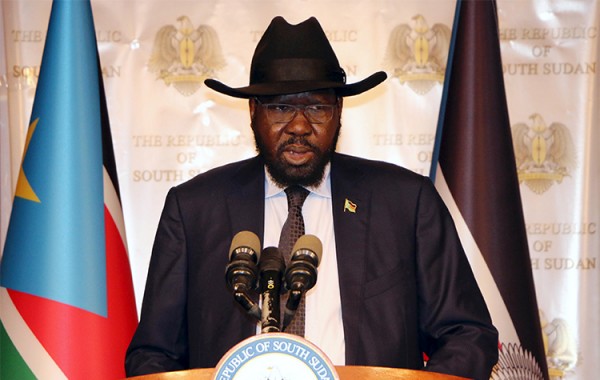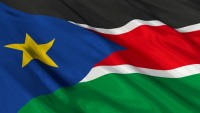
Ever since the Sudan civil war in 2013 and the government in South Sudan has been gradually tightening internet access, especially on those websites related to news or politics. The latest blocks have been reported by phone internet users trying to access Sudan Tribune and Radio Tamazuj. This was first reported on July 17.
The blocking of these 2 websites was ordered by the National Communications Authority and its justification for this is that these websites’ reporting was “hostile” towards the government.
“This blocking of two major news websites is intolerable and we ask the authorities to restore access at once,” stated the head of RSF’s Africa desk Clea Kahn-Sriber. Access to news and information is a fundamental right guaranteed by South Sudan’s 2011 provisional constitution.”
“Censoring news and intimidating journalists is becoming increasingly common in South Sudan,” said CPJ Deputy Executive Director Robert Mahoney. “The government should immediately unblock all news sites and blogs.”
The Paris based Sudan Tribune and the Dutch-backed Radio Tamazuj are two of the most respected sources for news about South Sudan and Sudan in general that continuously overcome any attempts by the governments of both countries to block media sources.
“We see this decision [to block websites] as a new attack on the press freedom in the South Sudan,” Sudan Tribune Editor in Chief Mohamed Nagi told CPJ.
Radio Tamazuj has mentioned that the government in South Sudan is using the Chinese communication company and internet service provider, ZTE,to block its website and mobile phone service. Fortunately its shortwave broadcast can still be reached
In a related move against journalism in South Sudan, Adil Fares, the director of the South Sudan’s national television was arrested by South Sudan’s National Security Service and when his wife was asked she stated that she believed that the reason for this arrest was due to him refusing to transmit a live broadcast of President Salva Kiir’s speech on the Independence Day celebrations. He was released 10 days later.
Prior to that, President Salva Kiir has threatened to kill any journalist who write any stories that are “against” the country.
Since 2015 and Sudan has fallen 20 places in the Reporters without Borders’ World Press Freedom Index and has now taken the 145th place out of 180 countries.
Clearly South Sudan is not a very democratic environment when it comes to journalism or the internet in general and is taking the first steps towards a very strict online environment similar to that of China, Iran, Russia, and several other anti online freedom countries around the world.


